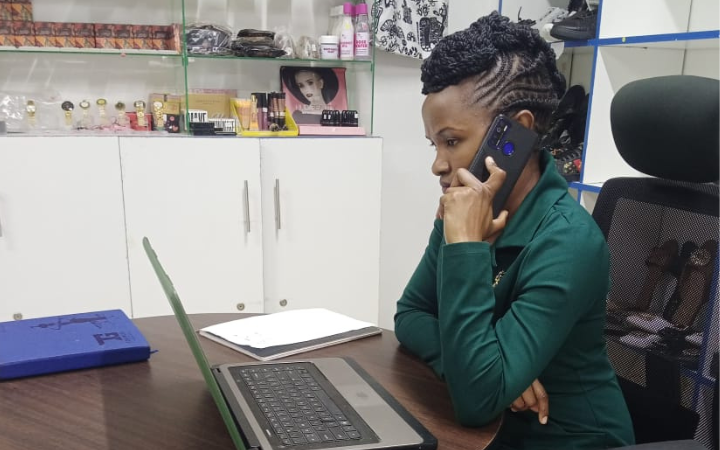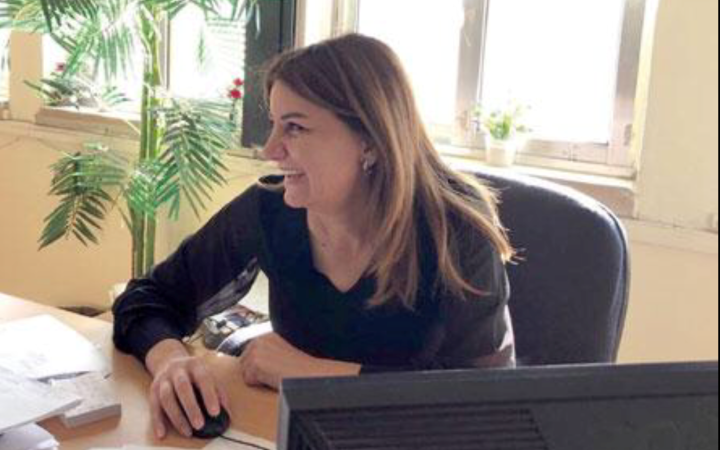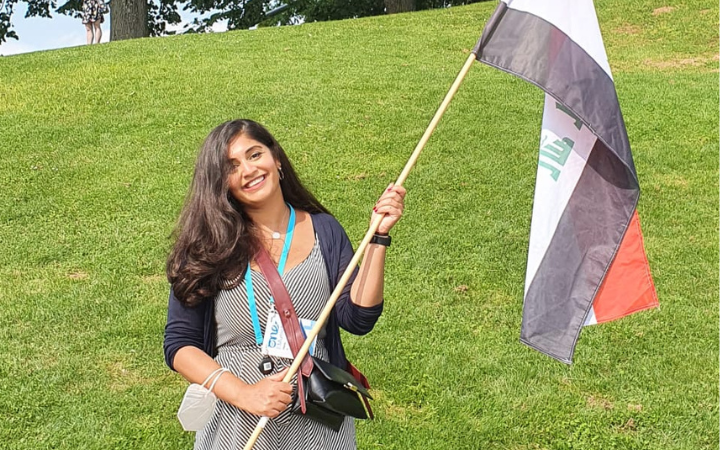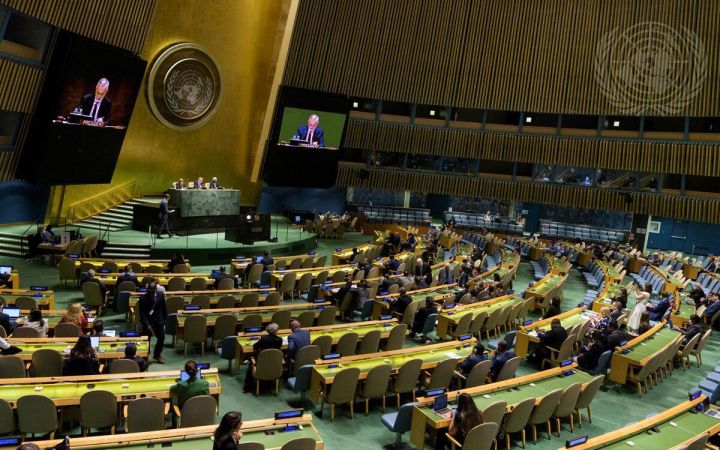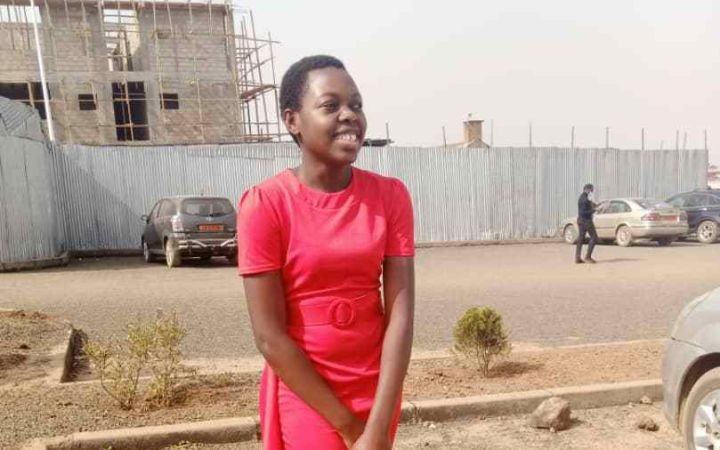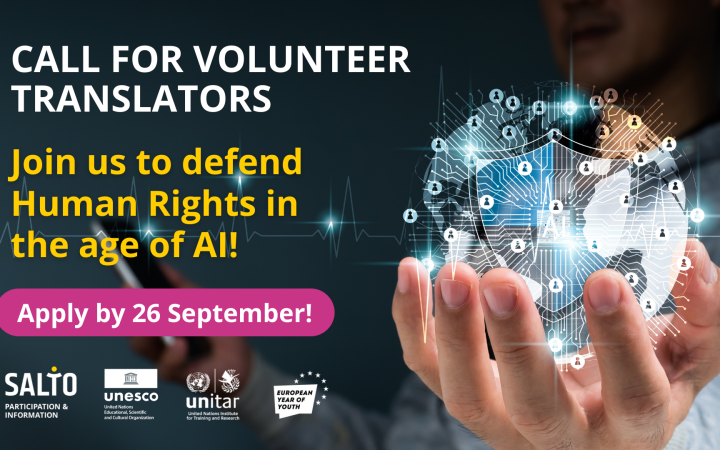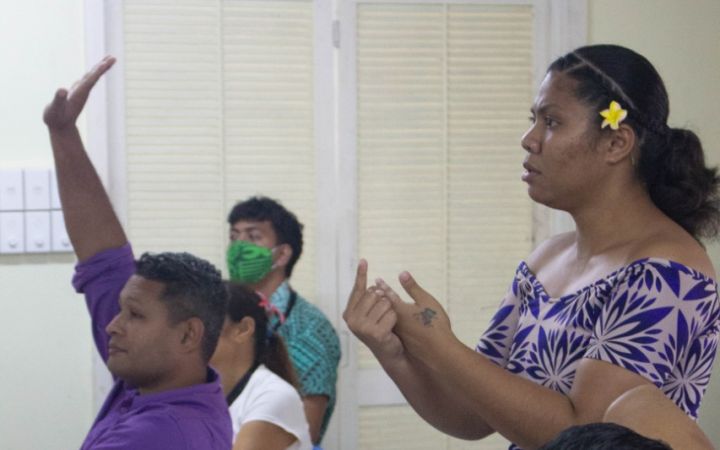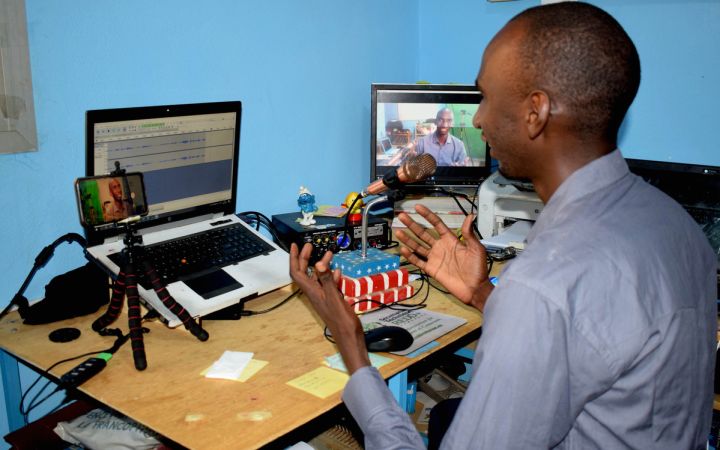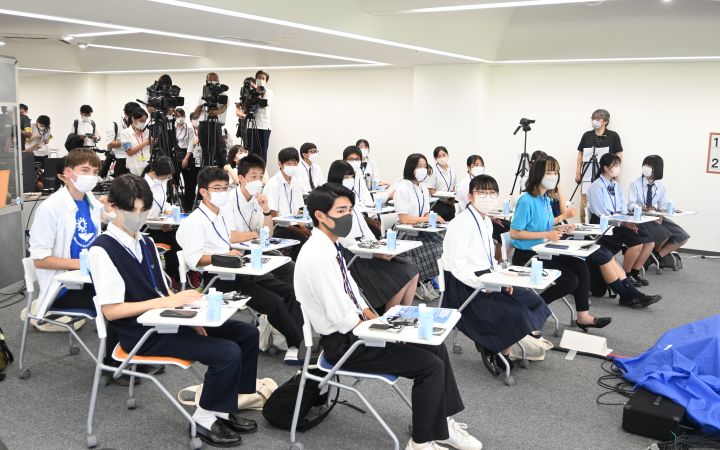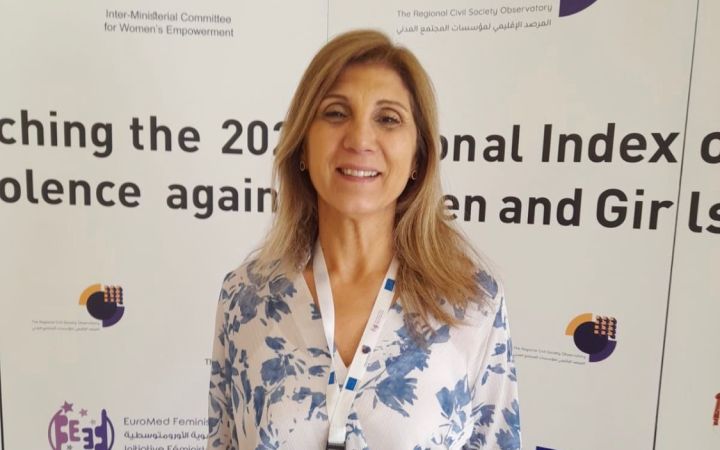Displaying 91 - 100 of 132
November 2022, Hiroshima, Japan – The challenges of running a business can discourage many potential entrepreneurs. However, some people rise to the challenge. In the town of Thika in Kiambu County, Kenya, Angeline Mueni Mutuku started her business during the COVID-19 pandemic. Seizing opportunities and gaining skills, Angeline continues to grow her business.
November 2022, Hiroshima, Japan – Kefa Akroush (Jordan) and Mireille El Alam (Lebanon) have devoted their careers to erasing gender inequalities in their countries. They gained more tools to help them mainstream gender in their government work by completing the UNITAR Gender Empowerment Now! training programme.
"Not only it was helpful because I learned the theory, but every time I had to do an assignment, I was doing it for my company. So, I would build a business model for the assignment knowing that I would use it and apply it in my company and also would benefit from the revisions and feedback.”
October 2022, Hiroshima, Japan – Andaru Dhaniswara is First Secretary at the Directorate for International Security and Disarmament, Ministry of Foreign Affairs of Indonesia. In early 2022, he participated in the UNITAR Hiroshima Training Programme on Nuclear Disarmament and Non-Proliferation. Andaru found the programme incredibly rewarding. Not only was the technical content relevant to his work; he feels empowered to engage in international negotiations towards nuclear non-proliferation.
October 2022, Hiroshima, Japan – What happens when disasters strike amid conflict? “No one anticipates or wishes for a war or an epidemic but having a prepared [disaster risk reduction] mindset, will considerably reduce the risk of a disaster,” says Marie-Claire Tohnain, who is studying to be a medical doctor in Cameroon.
October 2022, Hiroshima, Japan – Multilingualism is especially relevant for the United Nations and our partners as we work to bring course content to communities across the globe. The languages used determines which communities have access to knowledge. With that in mind, efforts to expand the languages available for online course content are under way, with the help of multilingual youth.
September 2022, Hiroshima, Japan – So much of the world’s information is available through reading, speaking or listening. But what if those channels aren't available to you? What if the language you use isn’t spoken or written?
September 2022, Hiroshima, Japan – Language is a powerful tool to express, communicate, and convey messages, and in our case, deliver training programmes. By offering programmes in several languages, UNITAR seeks to empower a wider audience to address topics such as social entrepreneurship, peace, finance and trade, digital futures, disaster risk reduction, women’s empowerment and more.
September 2022, Hiroshima, Japan – On 6 August 2022, the 77th anniversary of the Hiroshima atomic bombing, Secretary-General António Guterres met with young activists from across Japan for a frank dialogue on nuclear disarmament and non-proliferation. The discussion made an indelible impression on other Japanese youth who were there.
September 2022, Hiroshima, Japan – Joumana El Halabi has been working to promote gender equality and women’s empowerment since 2013. She believes that advancing gender equality and women’s empowerment in Lebanon is hampered by cultural, social and economic values, limited resources and the lack interest among policymakers. Matters have become even more difficult in recent years as the country grapples with an acute economic crisis, significant influx of Syrian refuges (1.5 million people according to UNHCR), the COVID-19 pandemic and political instability.


